Healthcare
Future Caucus legislators create bipartisan coalitions to address key healthcare issues. They commit to sustained engagement across the partisan divide to deliver results.
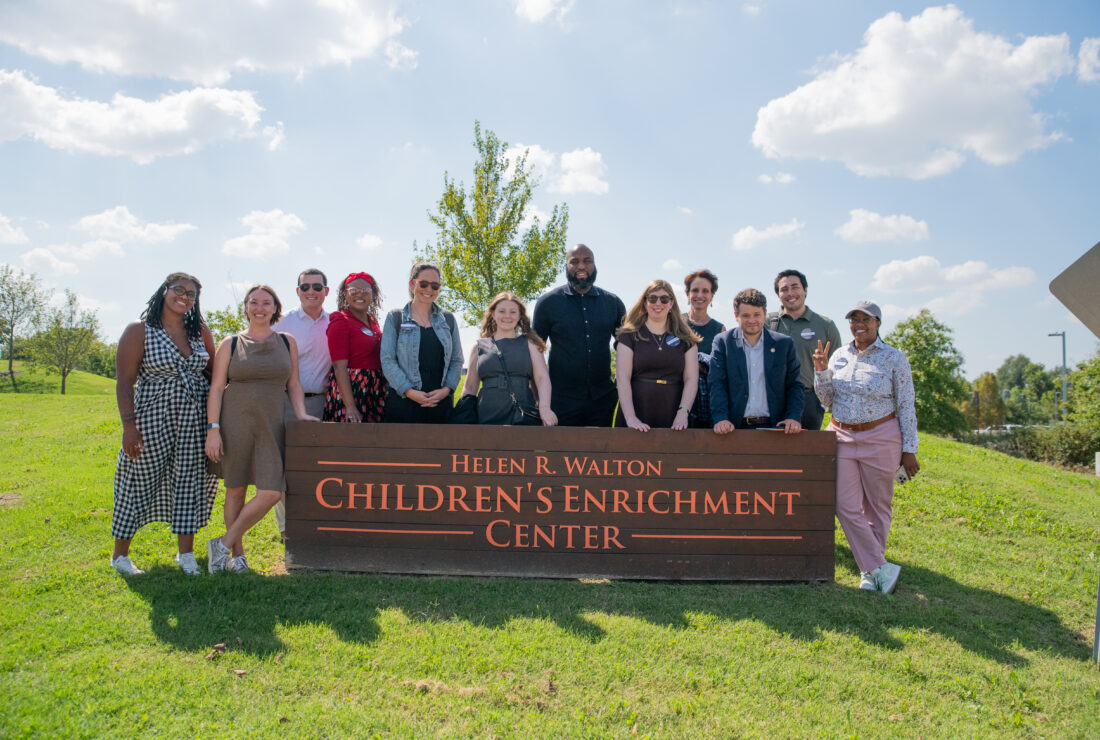
In 2021, health expenditures accounted for over 17% of the nation’s gross domestic product. That year, an estimated 69 million individuals (21.1% of the U.S. population) received Medicaid, a joint federal-state program that finances the delivery of medical and health services to low-income individuals, or CHIP (The State Children’s Health Insurance Program), a health program to expand Medicaid coverage to certain low-income children and pregnant women. While these are important programs, lawmakers have opportunities to both invest in their success and consider additional ways to support public health. In recent years, legislators have led bipartisan efforts to support mental health, promote food as medicine, create support systems for children and families, and respond to urgent crises such as the opioid epidemic. Social determinants of health, the conditions in which people are born, grow, and live are also critical contributors to health and a ripe opportunity for legislators to build the foundations of health early on in a person’s life.
2025-2026 Prenatal-to-Three Innovation Fellows
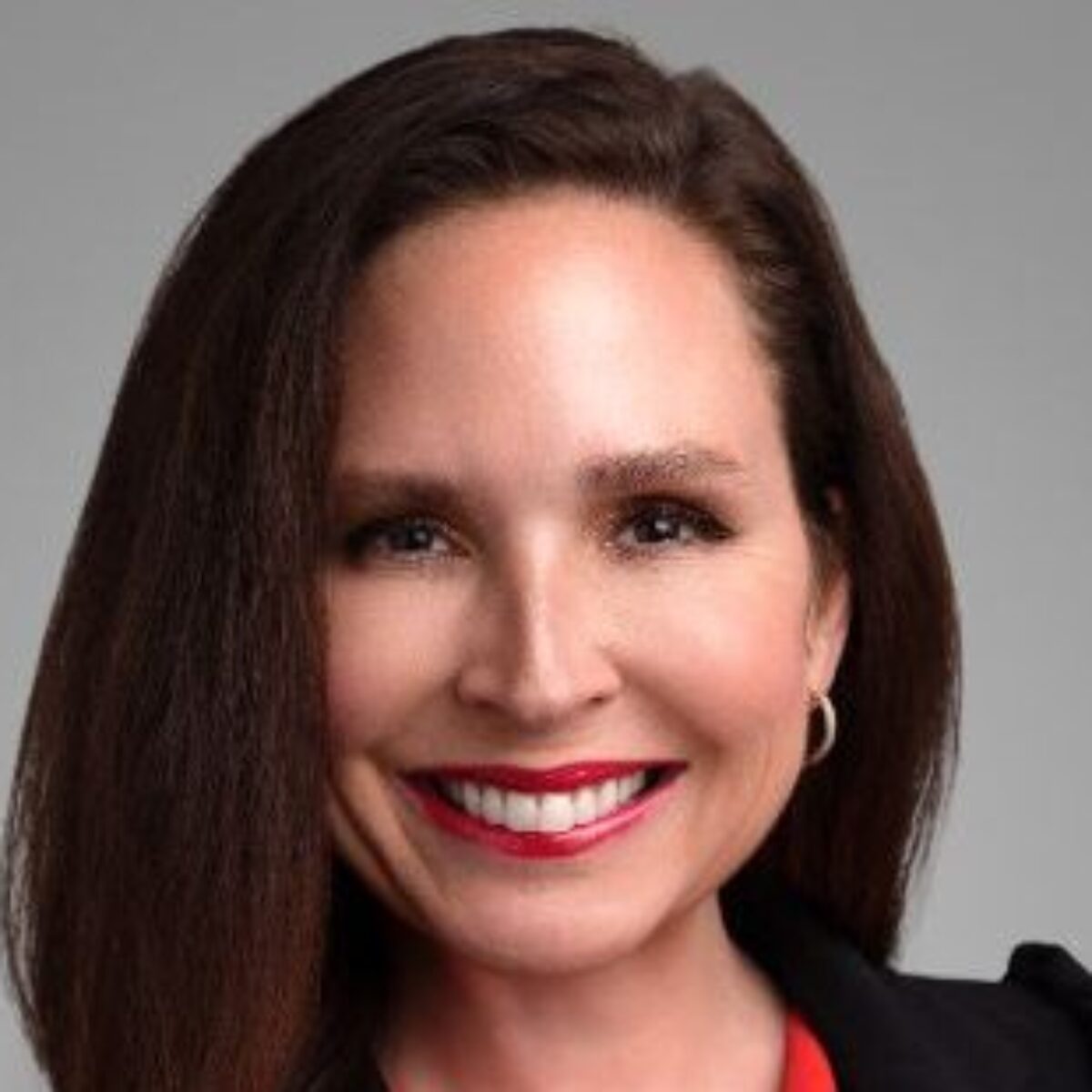












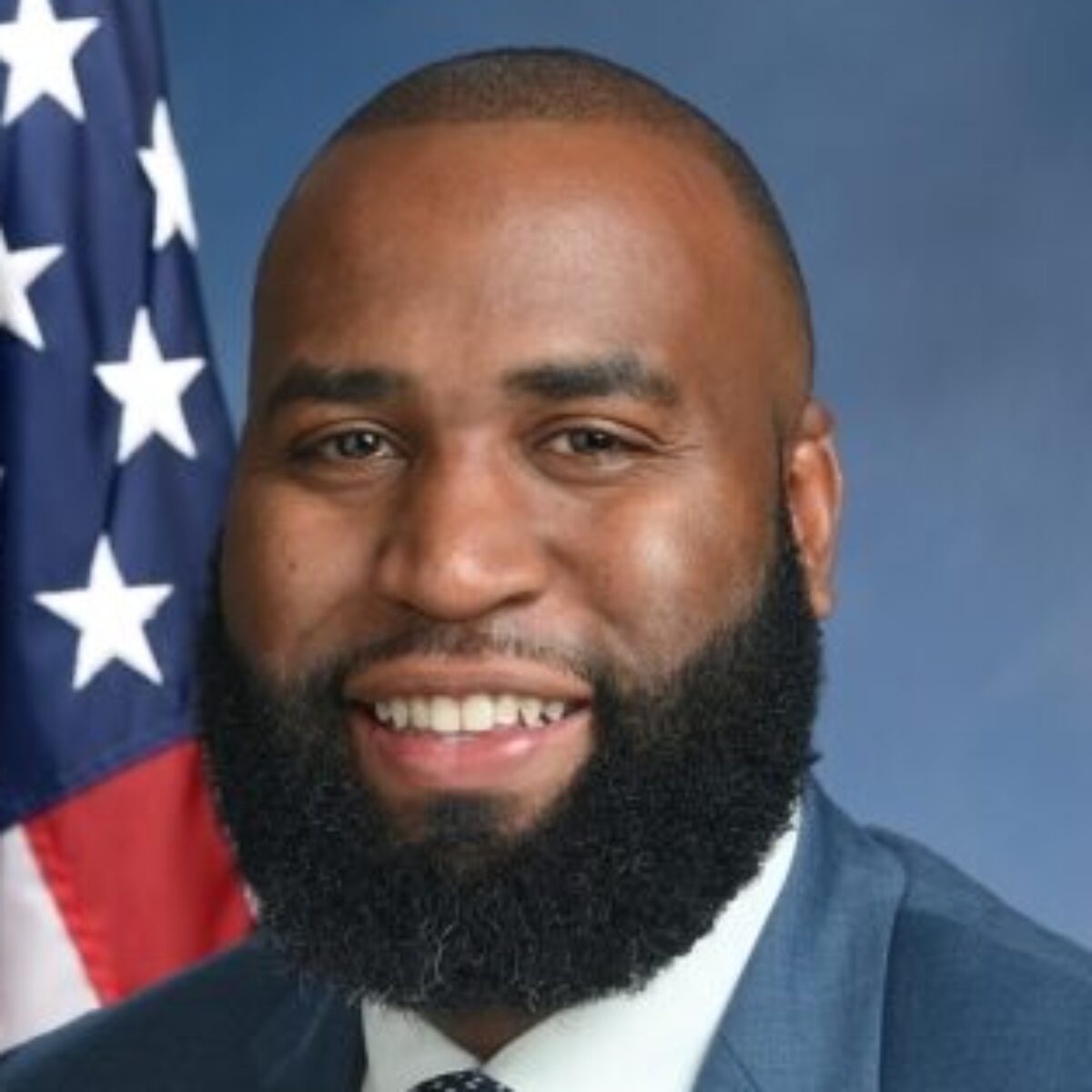

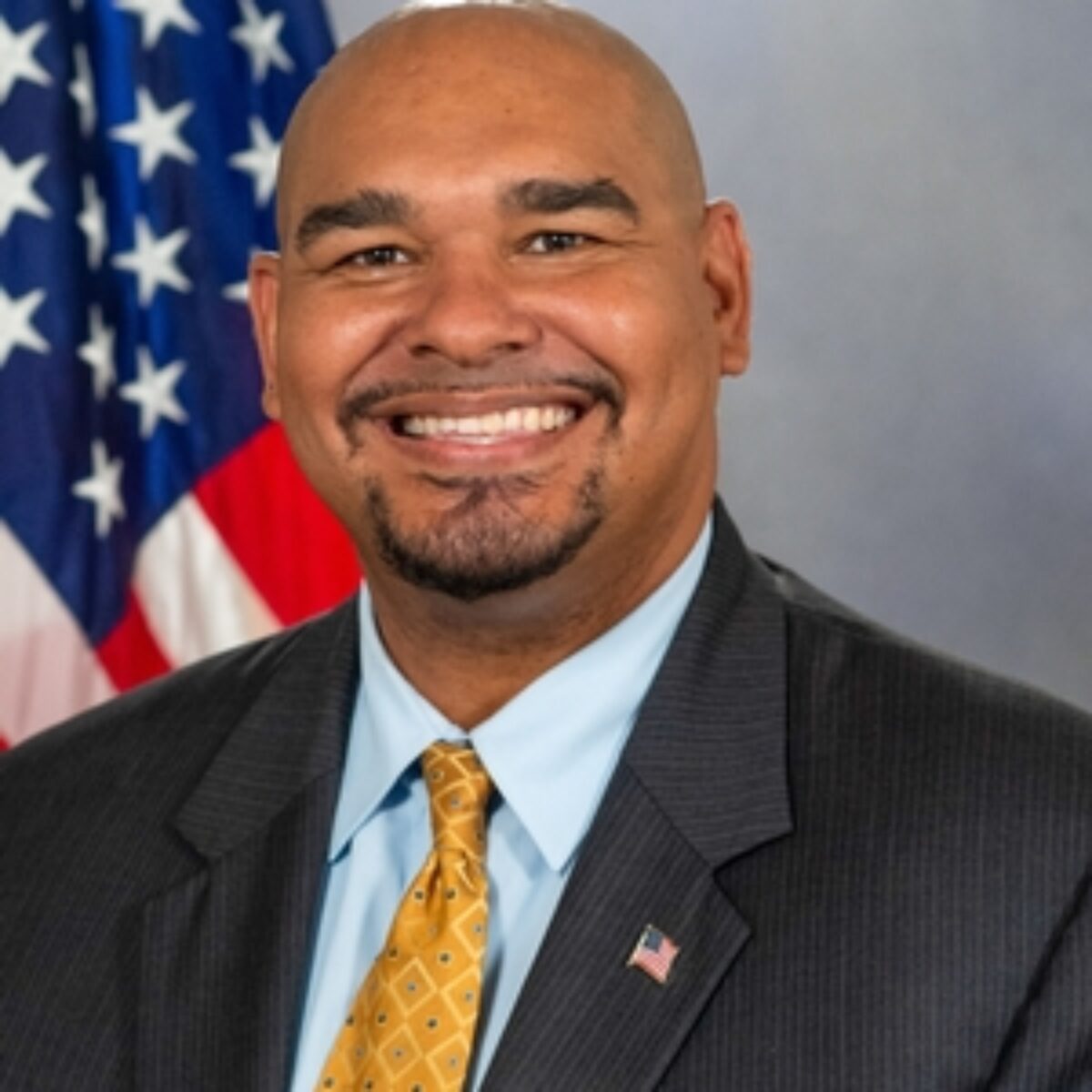

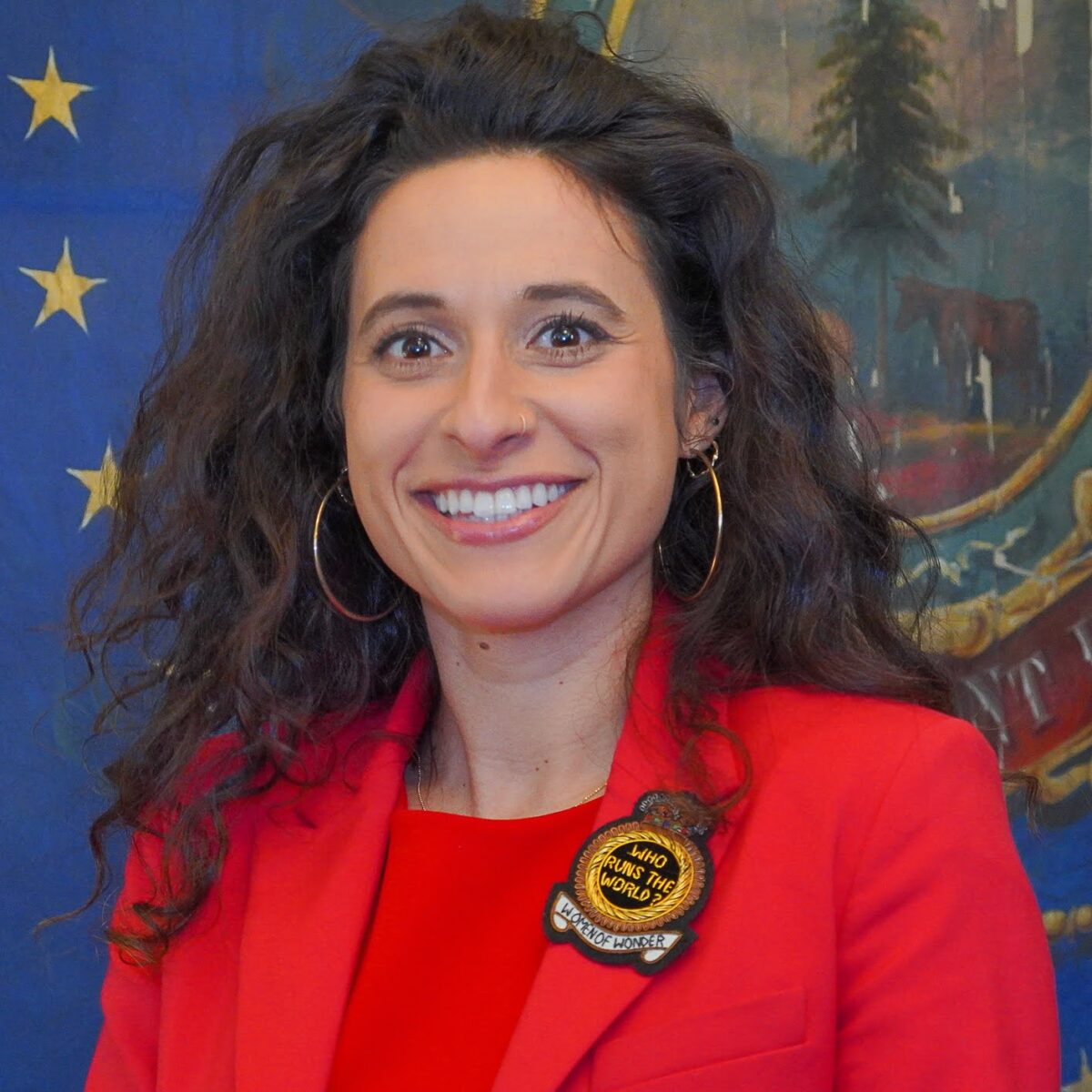


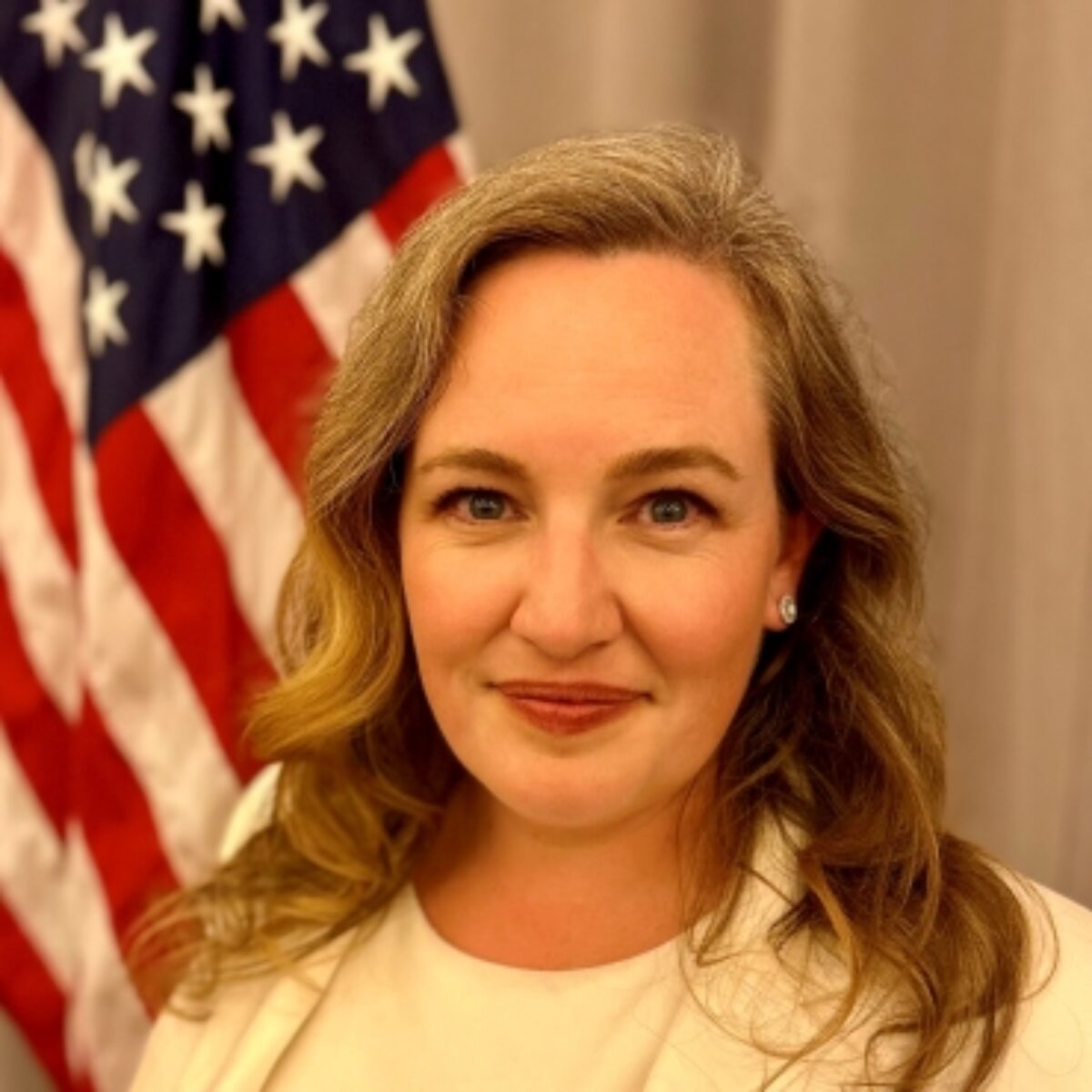
2024 Healthcare Innovation Fellows
Rooted in the understanding that political polarization presents new and unique obstacles to modern policymaking, the Innovation Fellowship cultivates the next generation of national leaders with the skills to build bipartisan coalitions and pass effective legislation.





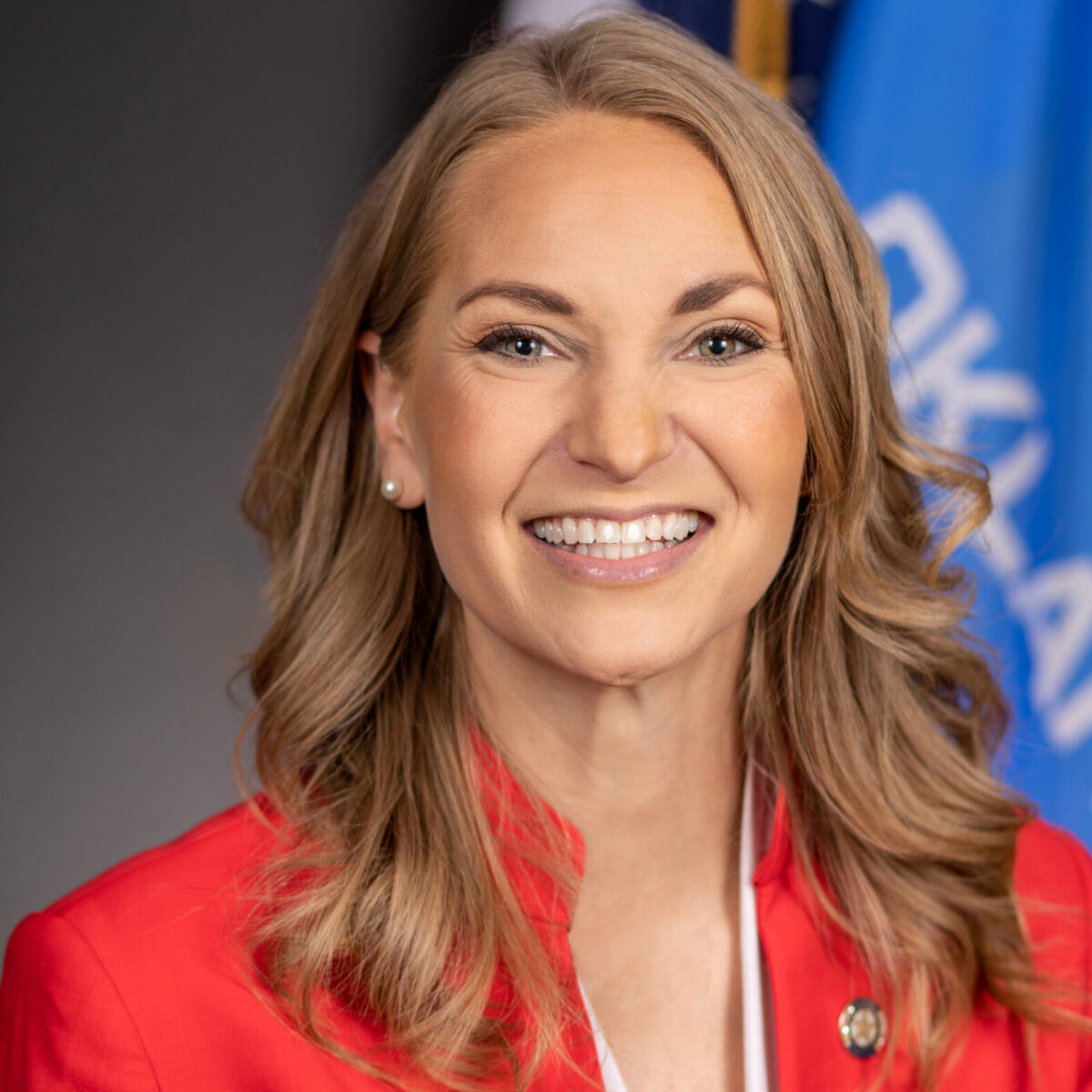
Sen. Carri Hicks (D-OK)





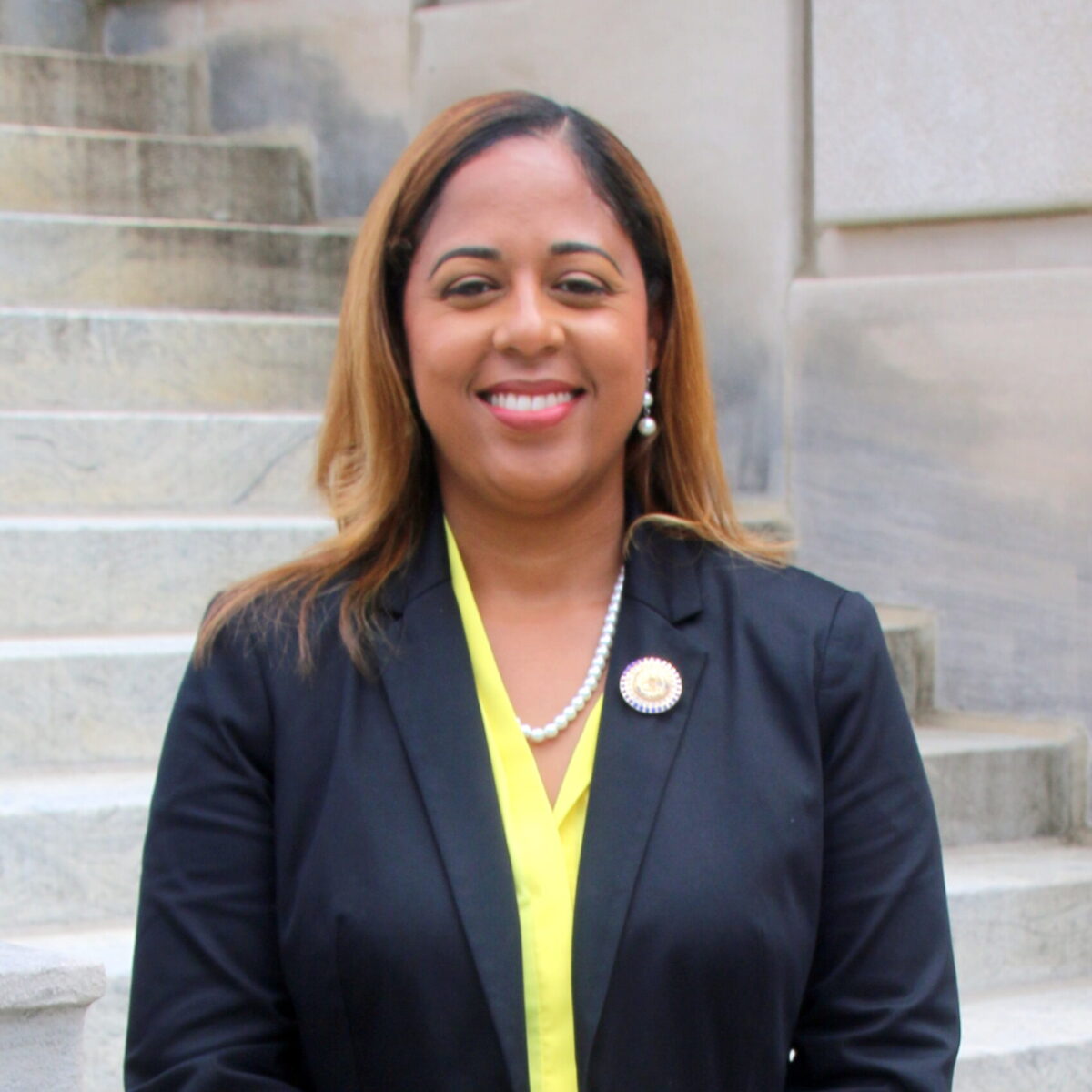
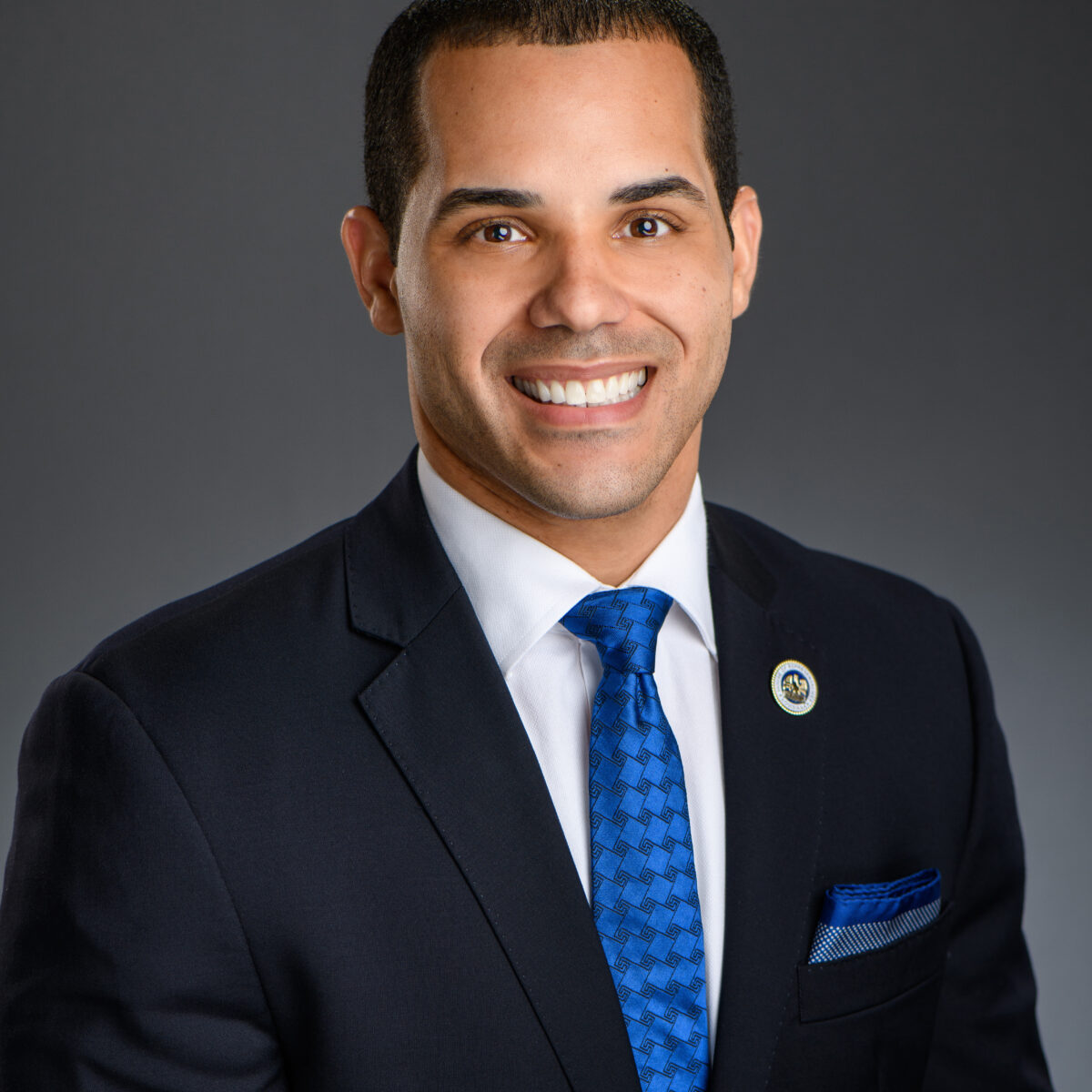

Bipartisan opportunities for 2024-2025
EFFECTIVE POLICYMAKING IN ACTION

Prenatal-to-three Innovation Fellows & Southern Lawmakers in Arkansas
November 6, 2025
Prenatal-to-Three Innovation Fellows & Southern Lawmakers <span class="dewidow">in Arkansas</span>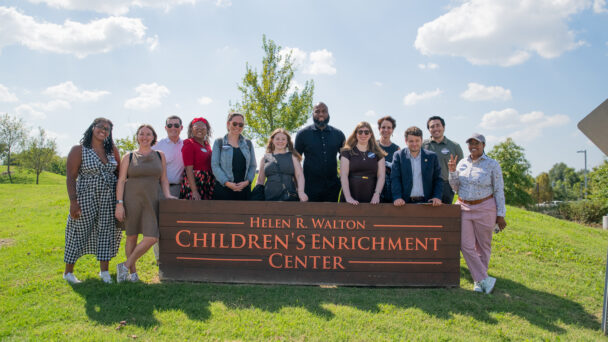
Prenatal-to-three Fellows Discover Arkansas’ Maternal health Initiatives
Event date: October 01, 2025
Prenatal-to-Three Fellows Discover Arkansas’ Maternal <span class="dewidow">Health Initiatives</span>
Young Lawmakers Pursue “desperately Needed” Mental Health Solutions across America
August 7, 2025
Young Lawmakers Pursue “Desperately Needed” Mental Health Solutions <span class="dewidow">across America</span>Join lawmakers collaborating across the aisle on healthcare.






Join 1,900+ BIPARTISAN LEADERS NATIONWIDE
Be a part of a network of lawmakers committed to governing effectively, passing more representative public policy, and increasing public trust in democracy.
